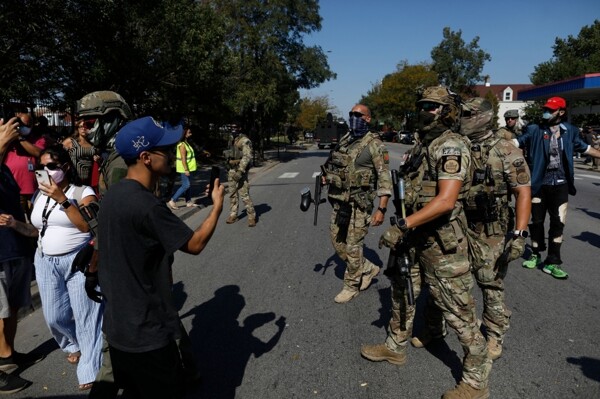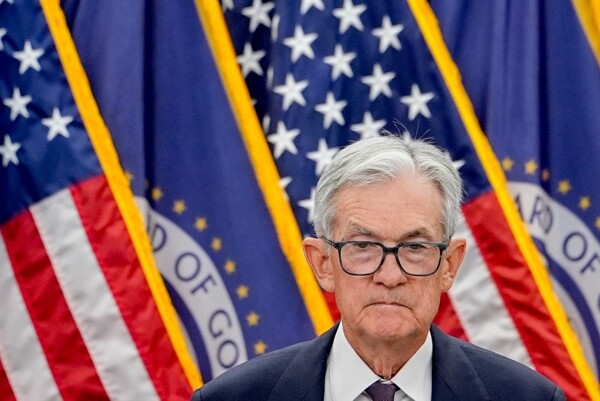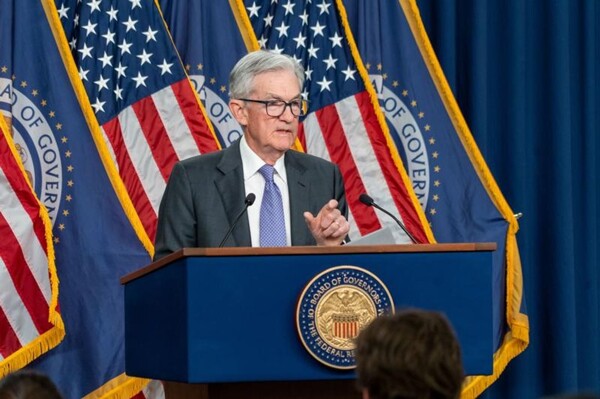
Donald Trump has declared a state of emergency at the border with Mexico for national security reasons, allowing him to access extraordinary resources to send more active soldiers, totaling 3,500 new personnel. The president seeks to send a strong political message, pretending to have subdued drug cartels and the Mexican government through a media strategy, including threats of military operations on Mexican territory. Although military presence is increased and cartel leaders are pursued, the reduction of fentanyl consumption in the United States will not be immediate.
Mexico and other U.S. allies must understand that Trump aims to achieve media successes to calm short-term political pressures, such as the construction of the border wall. Fentanyl is considered one of the most dangerous, cheap, and easy-to-produce drugs. The threat of tariffs on Mexico if it does not cooperate in the fight against cartels does not seem to have a clear demand.
Donald Trump has stated since his presidential campaign in 2015 that Mexico would be an enemy to be defeated. Now, with the identification of Mexican cartels as terrorists, no significant change in the president's strategy is expected. To reduce fentanyl overdoses in the United States, it is necessary to decrease consumption and ensure that all consumers have access to naloxone to reverse overdoses.
The additional military forces deployed at the border with Mexico will have logistic support functions for civil operations, increasing surveillance at the border and gathering intelligence. Mexico's Secretary of Public Safety and Citizen Protection, Omar García Harfuch, has communicated security successes with a reduction in homicides and fentanyl seizures in the country.














